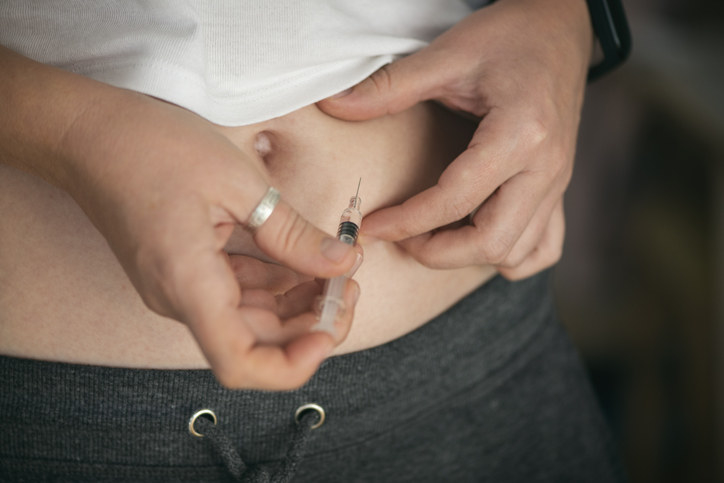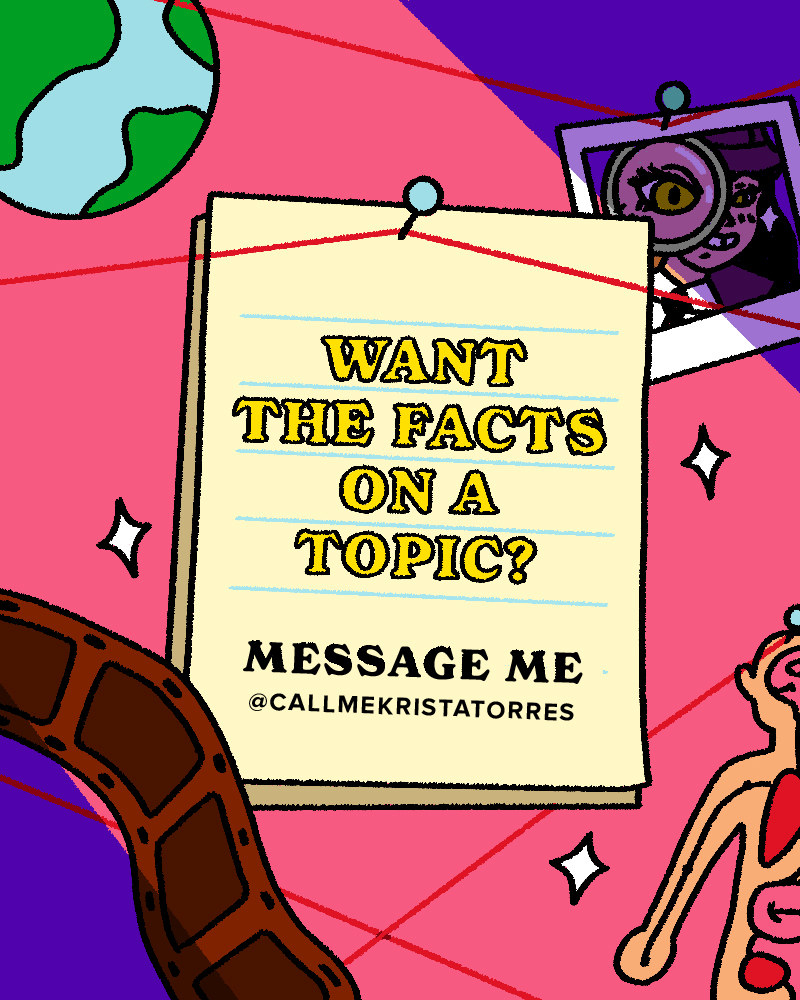
Hello, hello! Welcome back to another episode of Find the Facts — a series where we learn important facts we may not know but should with information from experts.


I'm Krista, and as a thirtysomething woman who eventually wants another kid one day, I am really excited about today's topic! We are going to be discussing in vitro fertilization (IVF) + freezing eggs and all that fun reproductive stuff. 🤰

To get the facts, I spoke to lab director and clinical embryologist Maria Banti, who has over 10 years of experience working in IVF.

Here's a video of the interview with Maria — or you can scroll down to read a breakdown of the info!
View this video on YouTube

First, let's start off by discussing what in vitro fertilization is. In short, it is a series of complex procedures that increase fertility to assist with the conception of a child.
So, what exactly happens during this "series of complex procedures"? Banti said the person with ovaries will start by taking injectable hormones for approximately two weeks to produce more eggs. "We stimulate the ovaries with these hormones, then the eggs are collected under ultrasound guidance by the doctor and embryologist."

The process of removing the eggs is done under anesthesia. The ultrasound is used to guide a needle through the vaginal wall and into the ovaries to extract the eggs (typically between 15 and 20). And although it seems intimidating, it is still considered a routine procedure. "It's only approximately 20 minutes. Afterward, the patient will need to stay in recovery for a couple of hours, but that's it," said Banti.
While the egg retrieval process is being done, the sperm will be prepared. The eggs will then be fertilized in a lab. Check out Banti's cool TikTok showing how it's done:
"The embryos produced from this process will then be monitored for a few days in the laboratory. After that, according to the plan, we will decide whether we want to transfer the embryos, freeze the embryos for future use, or do preimplantation genetic testing to see if the embryos have chromosomal abnormalities," she said.
When the embryo is ready to be placed — typically three to five days after the initial fertilization — no anesthesia is involved! "It's like a [Pap] smear test...actually, it's easier. There is a small catheter that the woman doesn't even feel that we load the embryo or embryos inside and pass this catheter to the uterus, where we inject the embryos," Banti explained.
After about two weeks, the person can find out if they're pregnant or not!
Unfortunately, Banti said that age does matter because as people with ovaries age, egg quality and quantity decline. "Peak fertility is the early twenties. After that, fertility drops — and it actually drops significantly after the age of 35. We would expect a 60% chance of a successful IVF pregnancy for a person under 35, and the odds increase if it's combined with genetic testing to about 80%. After age 35, however, the success rates drop significantly. This is because the egg quality declines, as well as the quantity of the eggs we collect," Banti said.
Banti went on to explain how there isn't enough awareness when it comes to preserving — commonly called freezing — your eggs. (This is done using the first extraction process for IVF, and the eggs then stay frozen until you need them.) "Every person around the age of 30 who doesn't have short plans to bear a child, it's good to think about freezing your eggs — definitely before the age of 37," she said.
In addition, the quality of sperm can also decrease with age. "If a person with a penis is over 40, there is a higher risk for them to have a child with autism and other genetic mutations," Banti said.
So if you are considering IVF, when is a good time to start, and how do you know if you're a candidate? It can depend on a lot of factors; that's why you should always talk to your doctor! In general, though, Banti said that infertile couples are good candidates, as well as people with polycystic ovary syndrome and endometriosis. In addition, many people opt for IVF when they want to choose the gender of their child or prevent inherited diseases from being passed down.


